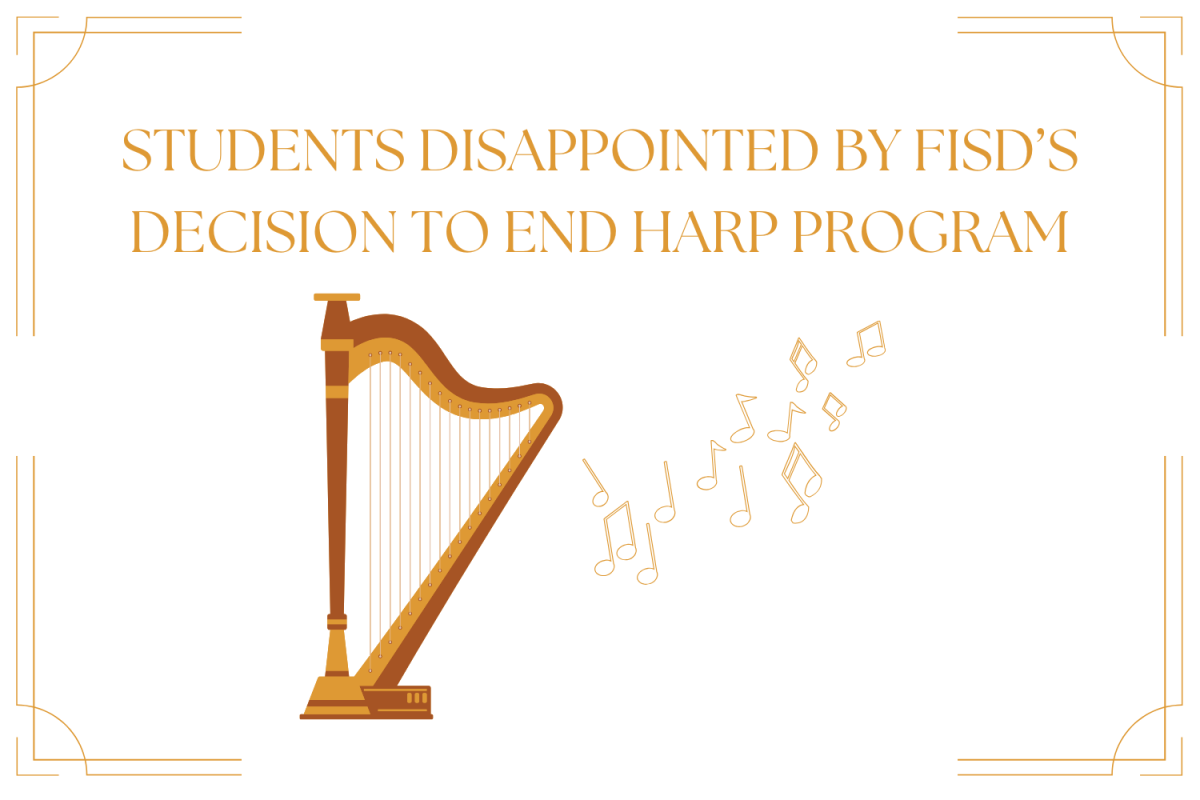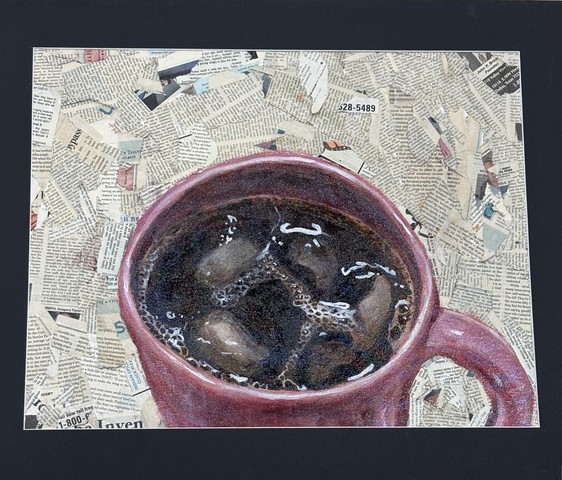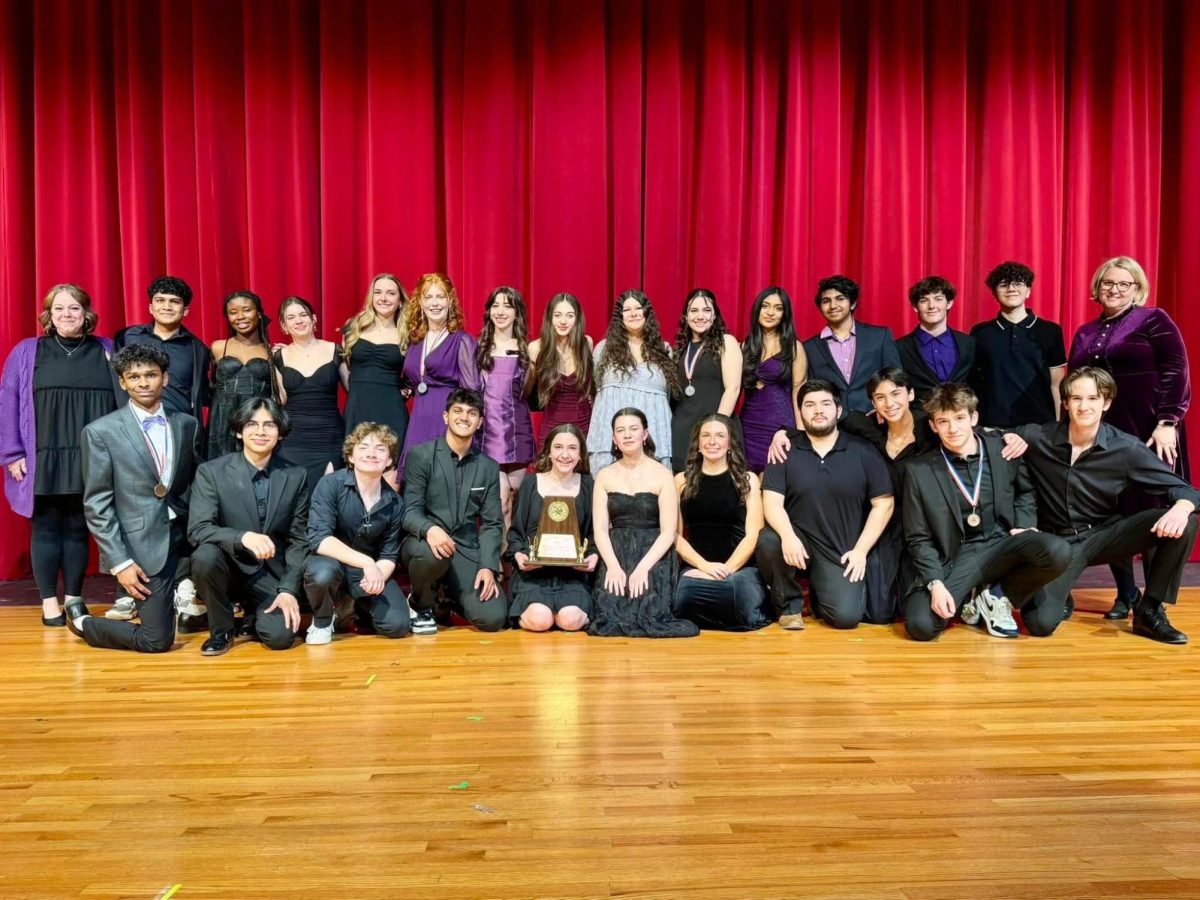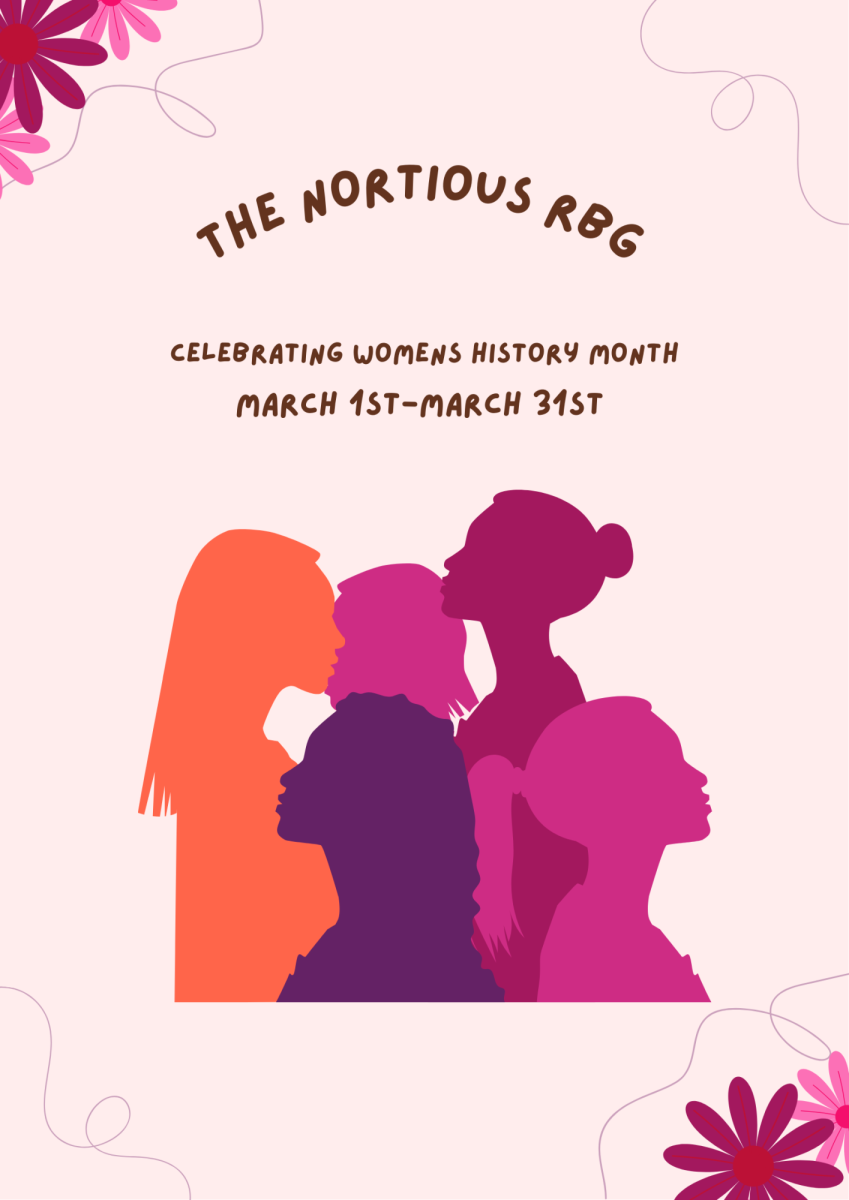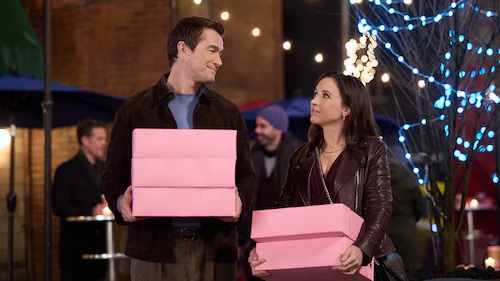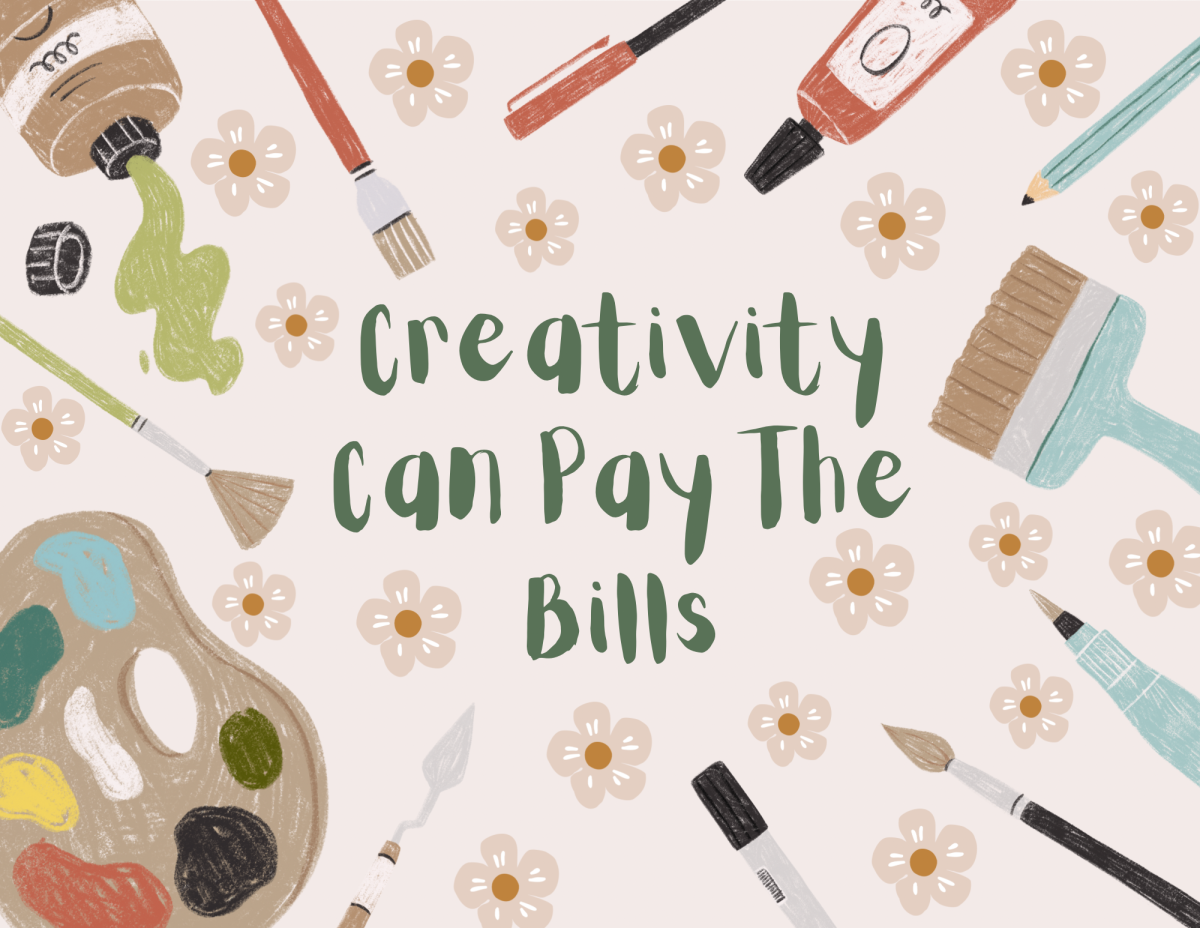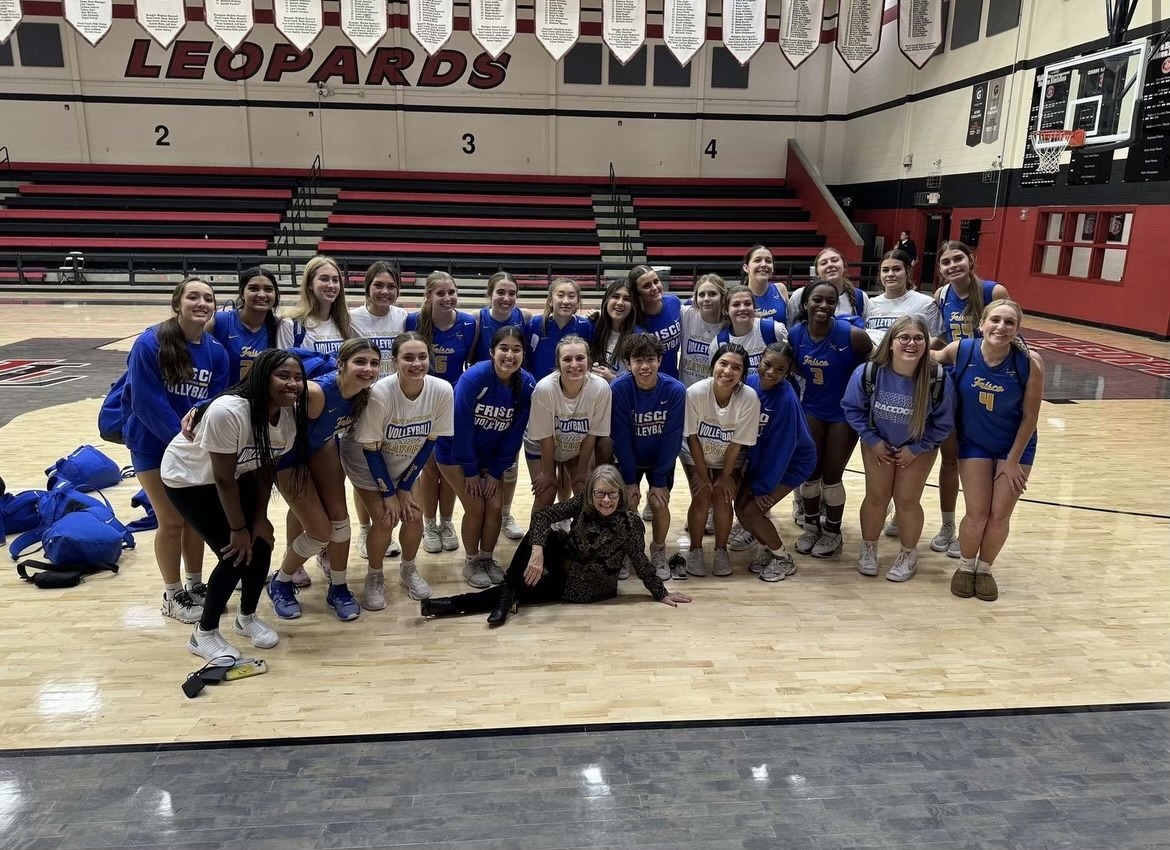The TV screen displayed a channel I wasn’t familiar with. A news anchor was on the screen with a box of text at the bottom. I didn’t understand what the lady was saying or what was written on the screen, but I could tell by her tone that the situation was terrible. Then, as her voice continued, the screen switched to real camera footage of an explosion. The channel was “Alaarabia,” a news channel in Saudi Arabia that was reporting and showing clips of Lebanon. My heart sank.
There have been many problems all over the Middle East, and recently their severity has increased exponentially in Lebanon. It has been hard to decide who to support because of my heritage. To see the horrible things that have occurred there and the destruction of the culture rooted in the geography, I feel sad for the people in Lebanon and all over, especially since I know my grandparents had numerous happy experiences growing up in the Middle East. It is hard to see a problem that feels far away but simultaneously feels like it is affecting me directly.
During this difficult time for Lebanon, I feel out of place speaking on the topic at times. I am of Lebanese ethnicity and culture, but am I “Lebanese enough” to stand with my struggling country?
This question goes through my mind when I think about the crisis in the Middle East. I have always embraced my culture, but I still worry that I am not educated or understanding enough about the struggles that can come with being Middle Eastern to speak on the topic. I have not lived in those shoes.
I am a person of Middle Eastern descent, but I was born in America, as were my parents. Three of my grandparents immigrated from Syria and Lebanon. I have dark and thick hair, but most people could not guess my ethnicity. I don’t speak Arabic, though I wish I had learned when I was younger. My mom speaks fluent Arabic as her parents were immigrants from Syria, and they spoke in their native tongue in the house daily. According to her, she did teach me when I was younger. The problem was, I had a babysitter at times who didn’t understand what I was saying. The word for water in the Syrian dialect my mother spoke, is “my” pronounced exactly how it looks spelled in English. When I asked for “my” instead of saying it in English, my babysitter was unable to help me. After that, my mom did not implement Arabic into my daily life as often, or really at all.
Even though I don’t know the language and I’m a second-generation American, I still love being involved in my culture and implementing what my grandparents have taught me, especially through the traditional folk dance, “Dabke.” I have been part of my church’s Lebanese festival since I first moved to Texas, when I was about five years old. “Dabke” differs from Belly dancing and has a more step-like rhythm. The Lebanese “dabke” is said to have been started when workers in Lebanon were stomping mud into the roof and to add to their strength, they gathered in a line and began stepping together. Though, now it is done for enjoyment, and I always have a proud smile on my face.
That being said, in these times for Lebanon, the questions of my identity are unimportant, and Lebanon needs my help.
I need to stand up for Lebanon, for where my family has come from, as they face the troubles that are embedded into so many years of history. Whether I’m “partially” or “fully”, I am Lebanese. Whether I speak Arabic, or don’t understand a single word, I am Lebanese. Whether I immigrated from there or was born in America, I am still Lebanese. I will not try to act like I am facing similar issues to the people dealing with war first hand. I am not having to live each day without knowing if where I call home is safe. But, instead of being scared, I know that I will continue to embrace my culture, whether it becomes comfortable or not.
Even if it seems scary, I will keep stepping to my music because I know that my heritage deserves to be showcased. I feel ignited to learn as much as I can about the beautiful traditions that come with my culture. Even as their world seems to fall apart, I want to give hope to others by living proudly as a Lebanese American. I can showcase the beauty that Lebanon, and the Middle East as a whole, has created in our culture: food, dance and music.



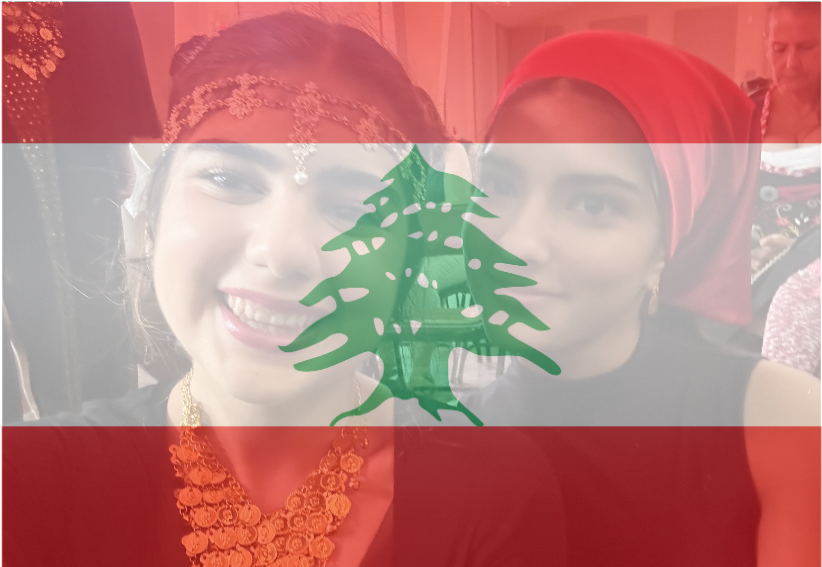
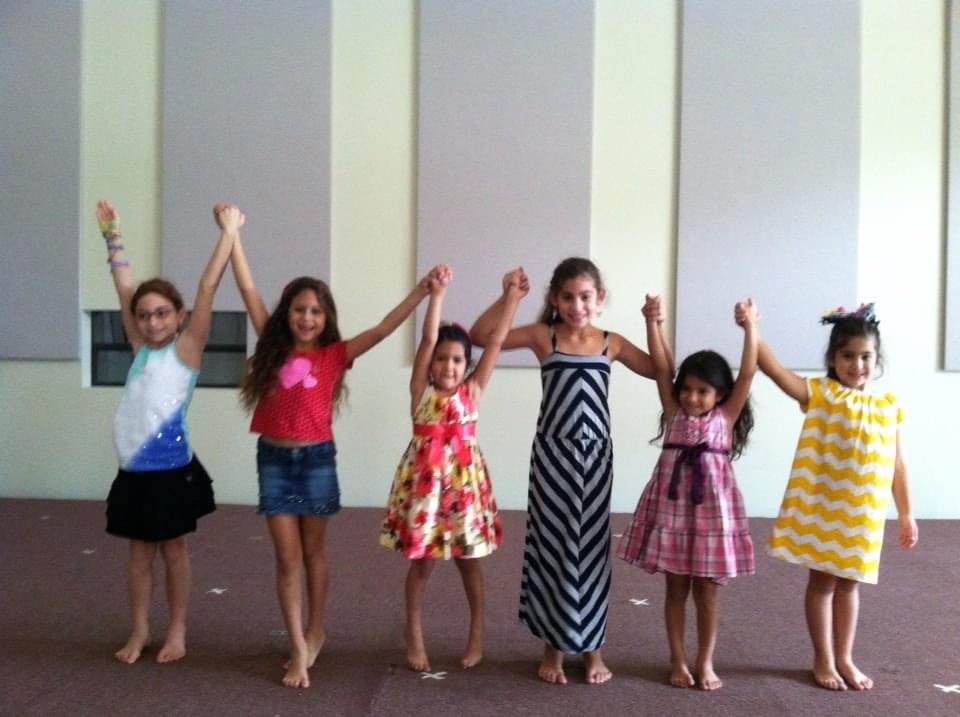
![Audra Shioya '25 receives a big check as a scholarship recipient. [PC: Audra Shioya]](https://raccoonrambler.com/wp-content/uploads/2025/05/IMG_4100-900x1200.jpeg)
